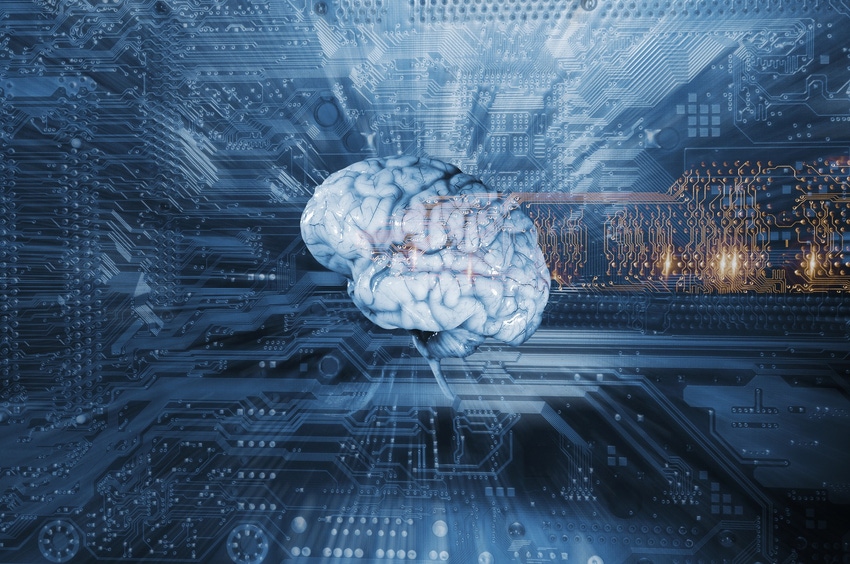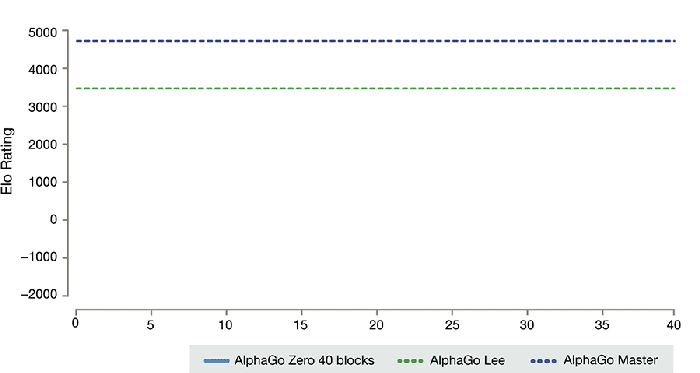Self-taught Google AI programme trounces previous human-taught one
Is it OK to start worrying yet?
October 19, 2017

Is it OK to start worrying yet?
Google has proudly announced that a new version of its computer programme designed to play the Chinese game Go, called AlphaGo Zero, has beaten the previous version 100-0. That previous version, in turn, had beaten 18-time world Go champion – Lee Sedol – by three games to nothing last year. It then went on to beat an even more powerful version.
The big difference between new, improved AlphaGo and the previous ones is that humans have been taken out of the loop. Rather than feed the programme data from loads of previously-played games between actual people, which was how the previous version got so good at it, this time they just gave the programme the basic rules and instructed it to play itself. Within a relatively short period of time this resulted in the new AlphaGo comfortably surpassing the previous one.

“The system starts off with a neural network that knows nothing about the game of Go,” says the blog written by DeepMind, Google’s AI division. “It then plays games against itself, by combining this neural network with a powerful search algorithm. As it plays, the neural network is tuned and updated to predict moves, as well as the eventual winner of the games.
“This updated neural network is then recombined with the search algorithm to create a new, stronger version of AlphaGo Zero, and the process begins again. In each iteration, the performance of the system improves by a small amount, and the quality of the self-play games increases, leading to more and more accurate neural networks and ever stronger versions of AlphaGo Zero.
“Over the course of millions of AlphaGo vs AlphaGo games, the system progressively learned the game of Go from scratch, accumulating thousands of years of human knowledge during a period of just a few days. AlphaGo Zero also discovered new knowledge, developing unconventional strategies and creative new moves that echoed and surpassed the novel techniques it played in the games against Lee Sedol and Ke Jie.”
“These moments of creativity give us confidence that AI will be a multiplier for human ingenuity, helping us with our mission to solve some of the most important challenges humanity is facing,” concluded the blog.
“While it is still early days, AlphaGo Zero constitutes a critical step towards this goal. If similar techniques can be applied to other structured problems, such as protein folding, reducing energy consumption or searching for revolutionary new materials, the resulting breakthroughs have the potential to positively impact society.”
As you can see from the above quotes and the videos below, DeepMind is pumped about this autonomous AI breakthrough and quite rightly points to all the computational challenges this might help overcome. But the alarmist luddite in us can’t help feeling a tad uneasy about the precedent set by machines teaching themselves independently of humans. Where will it end? We’ll let Hollywood give you the worst-case scenario in the last two videos.
About the Author(s)
You May Also Like











_1.jpg?width=300&auto=webp&quality=80&disable=upscale)


.png?width=800&auto=webp&quality=80&disable=upscale)